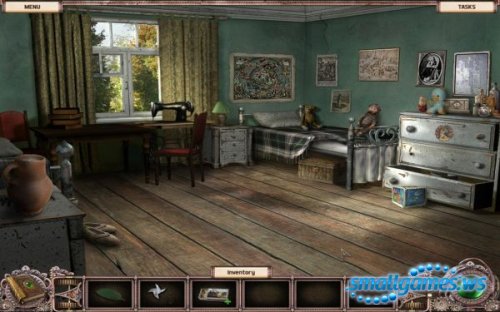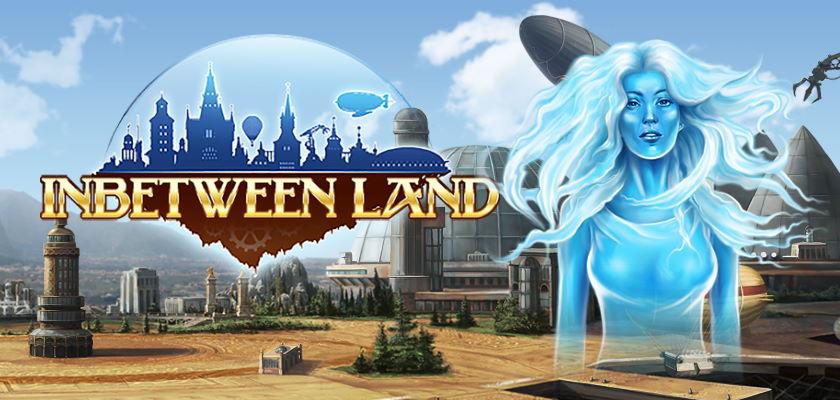
Through trade, Tlatelolco developed a class of merchants and entrepreneurs (Garraty and Gay 1972). Before Tenochtitlán established itself as the undisputed capital of what is known as the Aztec Empire, that citystate coexisted with Tlatelolco, an entirely mercantile center. When the Europeans arrived, the Maya city-states had long waned, but the descendants of that civilization were well acquainted with the notion of exchange.Ī commercial tradition was strong also in Mexico. Thanks to commerce, the communities of the coast were later fed not by the agricultural lands in their immediate vicinity, but by the interior hinterlands, where they obtained food as well as textiles and other goods. In fact, long before the classic period of Maya civilization, taken to have started in the third century A.D., trade was a mainstay at locations such as Chiapa de Corzo, Abaj Takalik, El Baúl, and Chalchuapa (James 2001). Trade played an important part in making possible the loose confederate organization of the Maya culture that flourished in the Yucatán Peninsula and the surrounding areas, with no permanent political center, but rather a system of city-states, Tikal being the best known, among which hegemonic influence shifted.

The powerful bureaucracies established in ancient Latin America used the tradition of commerce for their own purposes and to a large extent curtailed mercantile private initiative precisely because they appreciated its significance. Inbetween these episodes stand landmarks such as the mid-sixteenth-century rebellion of Gonzalo Pizarro, the 1812 liberal Constitution of Cádiz, Spain, the ideas that inspired the Latin American independence struggle, the brilliant Argentinean threequarter century that flowed from Juan Bautista Alberdis vision, and a few postWorld War II intellectuals who went against the current.ĭespite the limits on communication imposed by the absence of pack animals and by the fact that the wheel had not yet been discovered in the area, trade occurred in all three of the great pre-Columbian civilizationsthe Incas, the Aztecs, and the Mayas (who used the wheel only in toys). This legacy goes as far back as the family units that worked their own land and exchanged goods in ancient times, moving from them to the Jesuits of the School of Salamanca who discovered the monetary causes of inflation and the subjective nature of value at the very time when Spain colonized Latin America in the sixteenth century, and from them to the informal (black-market) economy that represents a contemporary and inventive response by the people to the states illegitimacy. Nothing suggests that the native cultures, either in their precolonial or in their mestizo forms, could not have responded creatively and successfully to the incentives of liberty had they been allowed to operate under less-oppressive conditions.Īn individualist spirit has sought to manifest itself in Latin America in all historical periods. Yet from the days when Indians in parts of Central America and Mexico used cacao seeds as money to the present-day informal economy, the instinct of the Latin American people is no different from that of the rest of the human species. Through a combination of institutional arrangements set in place at various times by the governing cliques and cultural values transmitted from generation to generation, Latin Americas tradition weighs so heavily against ideas of limited government, the rule of law, and personal responsibility that it would seem that an almost determinist view is justified in regarding liberty as beyond the regions reach.


That tradition goes as far back as the pre-Columbian states, under which masses of laborers toiled for the benefit of the ruling classes it includes three centuries of corporatist and mercantilist Ibero-Catholic rule and it has been compounded in modern times by the elitist independent republics. It is often said that the root of Latin Americas underdevelopment lies in its statist tradition. Single Issues of The Independent Review.Podcast: Independent Outlook / Conversations.International Economics and Development.


 0 kommentar(er)
0 kommentar(er)
